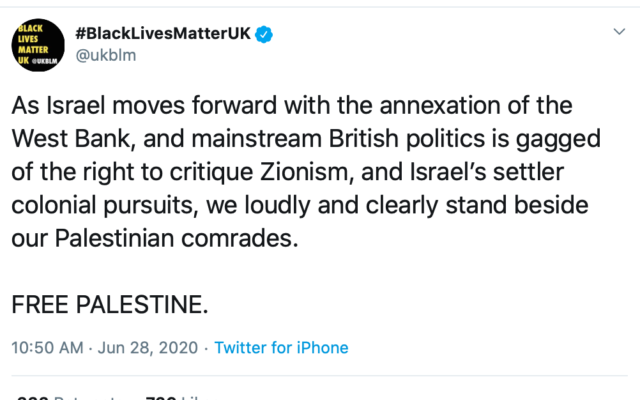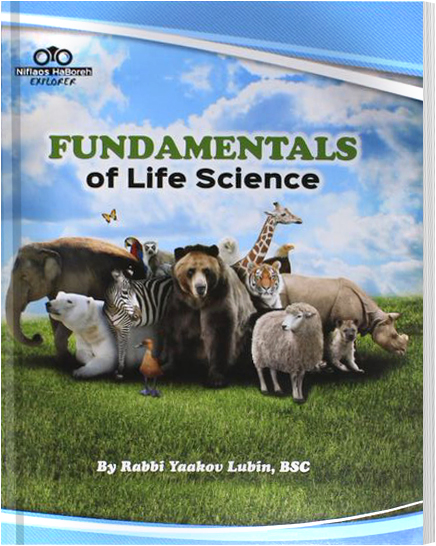I don't mean the concept; I mean the word. The problem is that it's so ambiguous. Specifically, it has two entirely distinct meanings. One refers to the historical claim that all animal life descended from a common ancestor. This is something either true or false; and it is regarded by the entire scientific community (absent certain religious fundamentalists) as true, supported by a broad convergence of evidence.
The other meaning of "evolution" is the mechanism of evolution, the causes and process via which one species changes into another. This is not a true/false proposition; rather, there are primary candidates proposed for the mechanism (such as random mutations coupled with natural selection), along with other secondary mechanisms. Nobody believes that we understand the mechanisms entirely (that's why people still study them). The vast majority of scientists believe that there is enough evidence to be confident that we have the basics correct, while a minority disagree.
One result of there being two totally different meanings of the term "evolution" is that there are a lot of pointless arguments, resulting from people talking at cross-purposes. One group screams that it's just a theory, which even scientists dispute, while others insist that it's a scientific fact, which no scientist disputes. But they are talking about entirely different things.
In fact, the entire, huge, religion-science argument about evolution would never have developed to the scale that it did, had Darwin not come up with both aspects of evolution and presented them under a single banner. If Darwin had just proposed common ancestry, and a generation later someone else would have proposed a mechanism, things would have played out very differently (and much better).
 There's a similar problem with the phrase Black Lives Matter. What does it actually, specifically, mean? I'm not talking about Black Lives Matter vs. All Lives Matter - of course the point of BLM is that black lives are more threatened/ disregarded than white lives. I'm talking about what exactly Black Lives Matter, as a capitalized phrase, refers to.
There's a similar problem with the phrase Black Lives Matter. What does it actually, specifically, mean? I'm not talking about Black Lives Matter vs. All Lives Matter - of course the point of BLM is that black lives are more threatened/ disregarded than white lives. I'm talking about what exactly Black Lives Matter, as a capitalized phrase, refers to.An article in the LA Times, back in 2015, titled "Why the term 'Black Lives Matter' can be so confusing," spelled out the problem: "the words could be serving as a political rallying cry or referring to the activist organization. Or it could be the fuzzily applied label used to describe a wide range of protests and conversations focused on racial inequality." According to Wikipedia, the phrase "Black Lives Matter" can refer to "a Twitter hashtag, a slogan, a social movement, or a loose confederation of groups advocating for racial justice."
But it's even more complicated than that. For example, if you want to give money to support Black Lives Matter, who do you give it to? There's a "Black Lives Matter Foundation" in California which received millions in donations from people who were fired up by recent events, but then discovered that this particular foundation seeks to promote closer relationships between the black community and the police - which is not what they were expecting! So by supporting Black Lives Matter, are you supporting creating closer bonds with the police, or dissolving the police?
Then there's an organization called "Black Lives Matter" with thirty chapters across the US, but which is decentralized. Then there's a larger Black Lives Matter movement which includes various related organizations. And then there's the Black Lives Matter Global Network Foundation. And then, of course, the world is much bigger than just the US, with various BLM groups around the world.
All this, aside from creating confusion and misplaced donations, can also create a real ethical dilemma. Certain BLM groups are neo-Marxists, and some of them are actively antisemitic. For many people, BLM is linked with opposition to Israel. Consider this tweet that was just sent out by the UK Black Lives Matter organization:

So what is one to do if one wants to fight racism, but the phrase/ organization that is associated with this fight, is also associated with people who are engaging in antisemitism?
I'm on a mailing list for a chain of pet stores (of course), and I received an email from the CEO saying that "now is the time to state plainly and unequivocally that Black Lives Matter and to do our part to ensure that this is our truth." The rest of the email expressed some important truths about human and civil rights, valuing diversity and helping people in underrepresented communities. I'm all for that - but are they speaking in suitably broad terms, are they supporting a particular organization, or are they supporting all organizations under this name?
It's all very confusing - and it's difficult to know what to do. Like evolution, it would be better if the terminology was more specific.
(If you'd like to subscribe to this blog via email, use the form on the right of the page, or send me an email and I will add you.)






